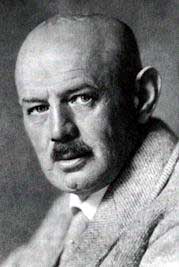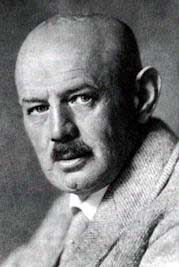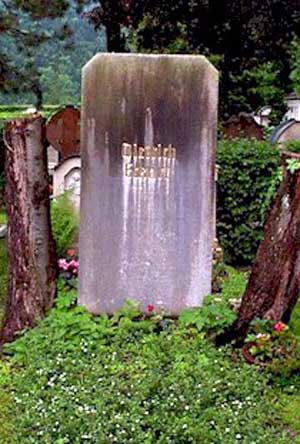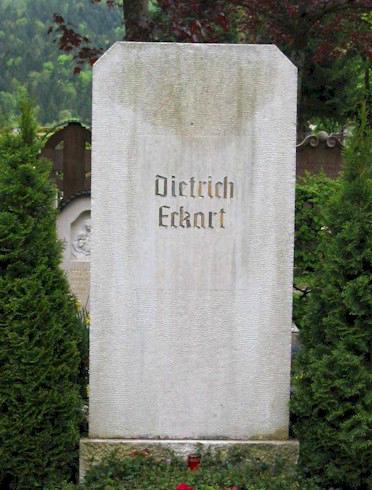Poet, Politician He gained recognition as a German poet, playwright, journalist, publicist, and political activist who was one of the founders of the German Workers' Party, the precursor of the Nazi Party. He was the publisher of the German Workers' Party's newspaper. Orphaned by the time he was a teenager, he was left a wealthy young man. He left studying medicine to become a poet. He wrote a number of plays, but all were failures on the stage. He became interested in the ideology of a "genius higher human" and studied many authors on the subject. He became more politically active by joining the right-wing Thule Society in 1913. From 1918 to 1920, he was the editor of the anti-sematic periodical "Auf gut Deutsch." He was a mentor to the young Adolph Hitler, providing the means for Hitler to enter Munich society and gain power for the Nazis. Eckart coined the phrase "Deutschland Erwache!" ("Germany Awake!"), a rallying cry for the Nazis, and he instituted the use of the term "Fuehrer" ("Leader") for Hitler. Hitler dedicated the second volume of his book "Mein Kampf" ("My Struggle") to Eckart. He died of a heart attack that was a complication of Morphine abuse. His essay "Bolshevism from Moses to Lenin. Dialogues between Hitler and Me" was published posthumously in 1925, but nearly fifty years later, critics learned that it was not written by him.
Poet, Politician He gained recognition as a German poet, playwright, journalist, publicist, and political activist who was one of the founders of the German Workers' Party, the precursor of the Nazi Party. He was the publisher of the German Workers' Party's newspaper. Orphaned by the time he was a teenager, he was left a wealthy young man. He left studying medicine to become a poet. He wrote a number of plays, but all were failures on the stage. He became interested in the ideology of a "genius higher human" and studied many authors on the subject. He became more politically active by joining the right-wing Thule Society in 1913. From 1918 to 1920, he was the editor of the anti-sematic periodical "Auf gut Deutsch." He was a mentor to the young Adolph Hitler, providing the means for Hitler to enter Munich society and gain power for the Nazis. Eckart coined the phrase "Deutschland Erwache!" ("Germany Awake!"), a rallying cry for the Nazis, and he instituted the use of the term "Fuehrer" ("Leader") for Hitler. Hitler dedicated the second volume of his book "Mein Kampf" ("My Struggle") to Eckart. He died of a heart attack that was a complication of Morphine abuse. His essay "Bolshevism from Moses to Lenin. Dialogues between Hitler and Me" was published posthumously in 1925, but nearly fifty years later, critics learned that it was not written by him.
Bio by: Linda Davis
Advertisement




